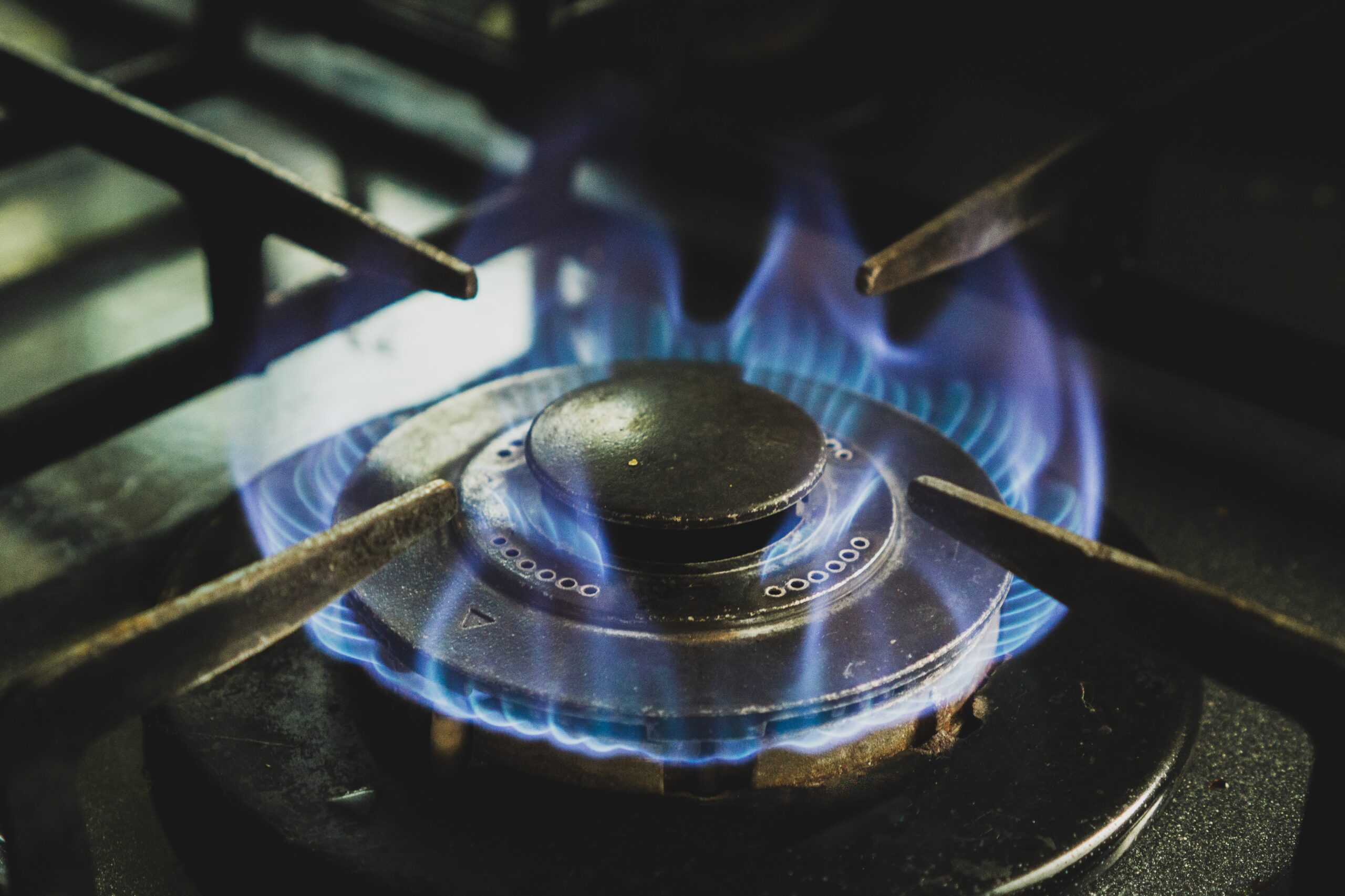It’s been almost five years since the September 13, 2018, explosion in Boston, MA, that killed one person and forced the evacuation of 30,000 people from their homes. The series of natural gas explosions and fires affected approximately forty homes.
After determining that excessive pressure in natural gas lines owned by Columbia Gas of Massachusetts caused the issue, utility companies have been under pressure to improve safety and update old infrastructure—a costly proposition.
Old Infrastructure is More Prone to Natural Gas Explosions
An article predating the explosion in Boston discussed the increased likelihood of natural gas explosions in some cities versus others:
“Boston, Staten Island, and Syracuse show some of the most leak-prone piping due to corroded distribution lines. Those cities leaked 25 times more methane than cities like Burlington, Vermont, and Indianapolis, Indiana, where natural gas pipes have been upgraded more recently.”
So, we know that cities that replace the often century-old pipelines have significantly fewer gas leaks.
The problem is that replacing them is often a barrier: in 2019, replacing old pipes with new ones could cost as much as $1.9 million per mile. At that same time, about a third of Massachusetts’s gas pipeline system is leak-prone and old.
The Cost of Replacing Outdated Pipelines
Unfortunately, the cost of these replacements has only gone up in recent years.
A 2021 report explains that the natural gas network in the United States has nearly three million miles of pipeline—the cost for replacing them runs at about pipe excavation, and replacement costs can go up to $10 million per mile.
While a widespread series of gas leak explosions like the one in Massachusetts is incredibly rare, natural gas explosions are not.
The prevalent of natural gas explosions
In 2010 in San Bruno, CA, an electrical failure sent high-pressure gas into an old, faulty pipeline. It made a deadly fireball that killed eight people and destroyed 38 houses.
Across the U.S., there are about 286 serious natural gas explosions per year that cause over $50,000 worth of damage, severe injury, or loss of life. Between 1998 and 2017, 15 people per year on average died in incidents related to gas distribution in the U.S.
Then, a 2022 report explains:
“Throughout the U.S., nearly 33% of all reported gas leak incidents resulted in fire and 13% resulted in explosions. From 2010 to late 2021, 122 people were killed and another 603 were injured in gas leak incidents.”
These explosions have left many people wondering if natural gas is safe. How do natural gas explosions happen? And is there anything they can do to help prevent a future occurrence?
Let’s talk about it.
How Do Natural Gas Explosions Happen?
Long-distance, high-pressure pipelines deliver natural gas to homes and businesses nationwide. A valve separates these pipelines into lower-pressure pipelines, which connect to buildings.
Designers of local gas pipelines ensure they can withstand two to three times their usual operating pressures. However, reaching this limit significantly increases the likelihood of gas escaping and causing an explosion.
This excess pressure is believed to have caused the Massachusetts explosions last year—gas escaped into homes, and a source, such as the pilot light, ignited it.
When excess pressure is to blame, it’s common for the cause to be a failure at the valve that separates the high-pressure and lower-pressure pipelines. It could be from a leak or a break—which is especially common in cities with older pipelines.
However, human error is the most common reason for failure. In 2005, a house exploded in Lexington, MA, when a gas company worker accidentally connected a high-pressure gas line to a low-pressure line.
How to Prevent Natural Gas Explosions
So, let’s talk about what can be done to prevent gas leak explosions.
1. Annual inspection and leak survey
Regularly inspecting your gas pipelines is one of the best preventative measures to avoid natural gas explosions and leaks.
Our natural gas inspection services consist of the following:
- An odor test
- Proper valve operation
- Above and below-ground piping inspection
- Leak surveying
- Gas system mapping
- Line locating
An annual leak survey is now an Arizona Corporation Commission requirement for all properties with a Master Meter Gas system.
RP Gas Piping can complete your Annual Master Meter Inspection and undertake any repairs necessary to make you ACC-compliant.
Learn more about what this means for owners of master meter gas systems.
2. Know what to do if you smell gas
Four signs indicate you might have a small natural gas leak and it’s time to repair your gas piping:
- A strong smell of gas inside your home or building (an unmistakable sulfur-like smell, often described as a “rotten egg” smell)
- Dead plants in the area of a gas line
- Hissing sound
- White cloud or dust cloud near a gas line
If you suspect a gas leak, follow these six steps immediately.
3. Recognize when it’s time to repair or replace a gas line
Due to the natural erosion, some natural gas pipes eventually need to be repaired or replaced. Proactively testing, maintaining, and repairing your gas piping is essential for preventing long-term damage to your valuable assets and livelihood.
Learn the four signs you might need a gas line repair or repipe.
4. Be aware of where natural gas lines are on your property
It’s essential to have a complete understanding of all the sources of natural gas on your property for two key reasons:
- If an unknown natural gas line leaks outside or inside a wall and you are unaware it exists, it can be hazardous and potentially deadly.
- You could end up paying a large sum, not only for the leaked gas over time but also for repairing the leak.
5. Call before you dig
As Arizona law requires, you must call Arizona 811 to mark any underground gas lines. It is a free service you must enlist before any digging begins.
However, utility companies and local governments mark only what they own and operate. They recommend using a private company for private locating services.
Call RP Gas Piping in Arizona
RP Gas can help locate buried natural gas lines on residential and commercial properties in Arizona.
Natural gas is a popular option for most homeowners in Arizona. If used correctly, it’s completely safe.
RP Gas Piping is an Arizona statewide natural gas pipeline contractor with a crew of professional staff and highly qualified, certified Natural Gas Technicians at your service.
We focus on delivering efficient installations and compliant repairs to all natural gas system needs. Contact us today!
Did you learn a lot about natural gas explosions today?
Here are three more articles to read next:
- Installing a Natural Gas Pipeline to Exterior and Outdoor Appliances
- 5 Safety Tips for Natural Gas Fireplaces
- Natural Gas Upgrades to Increase Your Home Value
This article was updated in 2023.


